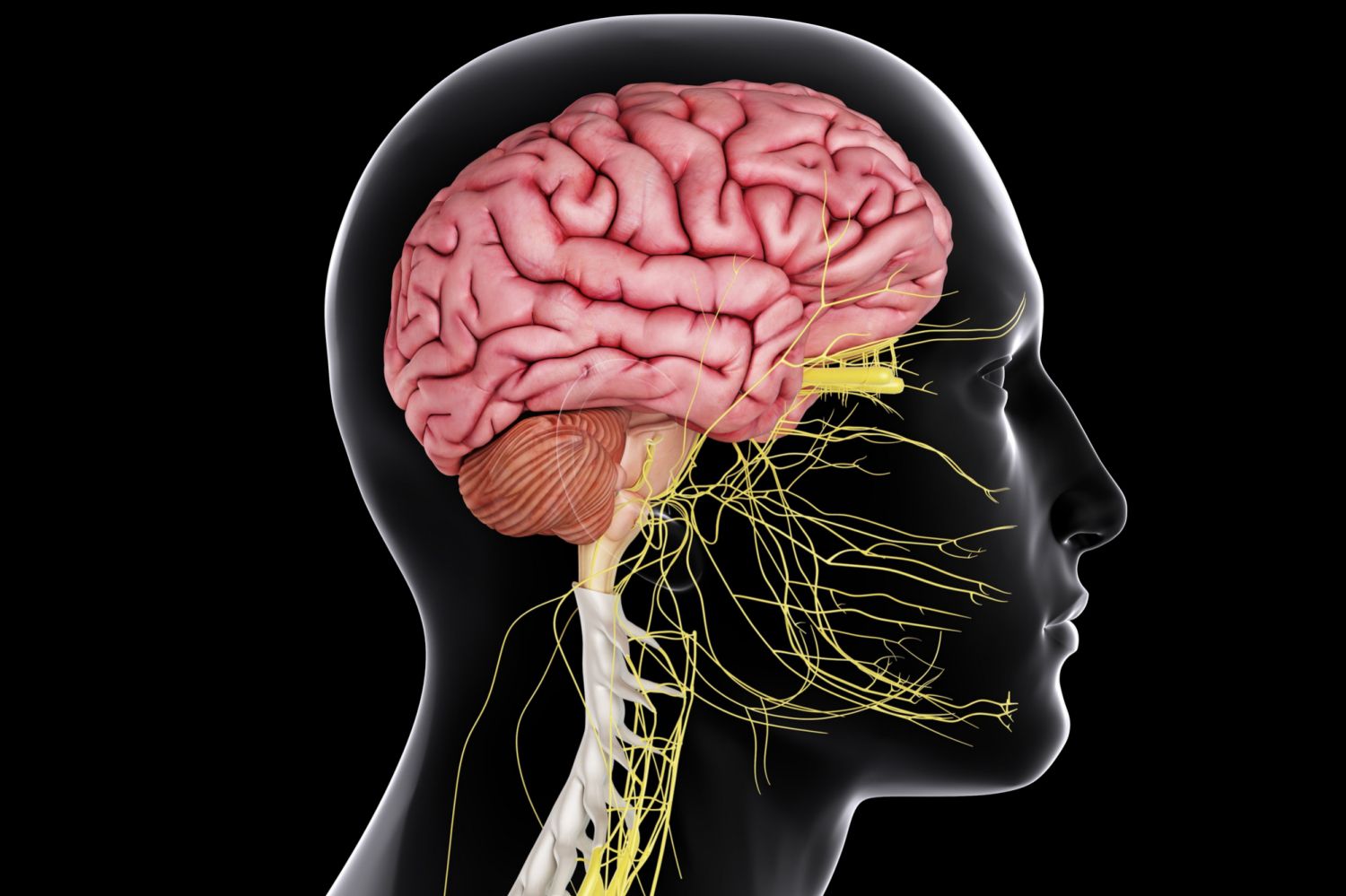OVERWHELMED BY POLITICS? HOW TO EMPOWER YOURSELF

Survivors of intimate partner abuse sometimes say they feel overwhelmed by politics. For that matter, many of us do. Overwhelm is a rational response to destructive forms of conflict.
A client example: “I can’t listen to my legislator because they talk like my abusive ex.” I view survivors as “canaries in the coal mine” of our culture because their abusive experiences help them see coercive language and behavior in other places, including political communication.
Everyone struggles to weed through the claims and accusations politicians, political action committees (PACs), and supporters make and figure out what is true and what they agree with. This blog’s purpose is not to endorse a particular politician or party. Instead, I will:
- Give ways to evaluate political communication
- Disclose practical information about brain functioning that serves you in managing stress
- Demonstrate how to speak constructively.
Evaluating Political Communication
I use this quote to inspire me to be constructive in what I say:
“Words have power, and I can use that power to create or destroy. I choose my words carefully and speak words that are uplifting. I pay attention to my thoughts and do not give room to limiting, fear-based ideas.”[i]
Politicians, political parties, and PACs often use destructive or misleading language to further their agendas. Notice whether an ad is approved by a candidate or if it is funded by a PAC. A PAC ad represents what a particular group of people want you to think about an issue.
Consider the following questions as you listen to ads and candidate positions. You may want to think about the answers you’d like to hear, and then weigh how the candidates measure up to your expectations.
- Is being a public servant emphasized as their role?
- Are their opinions based on data from reliable sources?
- How do you feel about the way they talk about their opponents?
- Do they see working for the common good and compromise as necessary to their job?
- Are their words and actions disrespectful or hurtful?
- Do they accept the validity of different points of view?
- Does their speech use hate or fear to influence the electorate?
- Do they offer ideas to solve problems?
- Would you describe them as compassionate?
- Are mistakes acknowledged?
- Do they respond to disappointment and loss with grace?
Evaluating what candidates say restores your power. Let’s see how your brain helps you not be overwhelmed by politics.
How Your Brain Functions

[i] Dr. Jill Bolte Taylor’s book, Whole Brain Living: Four Character of the Brain[ii] offers practical information to prevent being overwhelmed by politics. Her character names follow, but she suggests everyone chooses their own.
You need all four characters to function well in life, though your personality may favor one part of the brain over the others. After describing each, I’ll show how they work together.
Left Brain Character 1: Helen
Both characters of the left brain tend to operate within a past or future orientation. Helen is the rational part of the brain that gets things done and creates order. It tells you what is right or wrong and defines your moral compass. If Helen feels stressed, you are more likely to feel overwhelmed and anxious, and shift into the emotional part of your left brain.
Left Brain Character 2: Abby
The Abby part of the brain is insecure and fearful of the unknown. You revert to Abby when you feel out of control or traumatized. Abby focuses on your deepest fears and wounds and needs reassurance. Reassurance can come from healthy or unhealthy strategies: for instance, deep breathing vs. over-eating.
Right Brain Character 3: Pigpen
Both characters of the right brain exist in the present moment. Pigpen is the emotional experiential self that seeks to connect, explore, and be adventurous. It focuses on similarities instead of differences, empathy, and sharing time and fun with others. Pigpen enjoys personal interests and nature and becomes lost in the moment. Its spontaneity adds a positive form of disorder to your life.
Right Brain Character 4: Queen Toad
Queen Toad is peaceful and exists in the present moment.This part of the brain appreciates life with gratitude, acceptance, openness, and love. Queen Toad faces problems and conflict by looking for the best in everyone. It maintains equilibrium by soothing with healthy self-care and/or spiritual practices.
Brain Characters Function Together
Rational Helen assists in working, organizing, and accomplishing your goals. Pigpen attends to your “being,” by focusing on activities and relationships that give you joy and connect you to yourself. Abby serves to alert you when danger exists or other problems require your attention. Then, you access Queen Toad to manage your emotions and restore calm, which then allows Helen to think clearly and make decisions.
Let’s look at how to use this information to improve your ability to cope with political stress and have constructive political conversations.
Constructive Political Speech
If you feel anxious when politics are brought up, notice if Abby is taking over and you’re either reacting or avoiding. Use the this three point strategy—Analyze, Calm, Decide—to manage your stress and return to a Helen state of mind.
- Analyze. If possible, use Helen to examine what you hear. If Abby is reacting to what was said, move on to Calm.
- Calm. Make time for Pigpen and Queen Toad. Engage in an enjoyable activity or do something that calms your Abby brain (e.g. taking a walk in nature, journaling, deep breathing, prayer, or meditation). This will free up your Helen state of mind.
- Decide. With Helen, now process, think, and respond. Use the questions to talk about your concerns. You might explain what you think or show curiosity about others’ conclusions. Listening does not require you to change your opinion. It does expand your understanding, and that is the best place from which to make voting decisions.
Overwhelmed by Politics No More

When you and others share concerns and opinions with respect, you often identify issues you agree on, even when you differ on how to solve them. Understanding one another better contributes to cultural civility. Solutions improve when we take everyone’s concerns into account. This maintains connection instead of differences separating you from others.
Healthy intimate relationships acknowledge individuals cannot always have their way. This is true in our culture as well. Cultivating curiosity, acceptance, and cooperation helps you not be overwhelmed by politics. It also contributes to a stable, nonviolent society.
“Tomorrow belongs to those of us who conceive of it belonging to everyone: who lend the best of ourselves to it and with joy.” Audre Lord
If you’re interested in how domination behavior shows up in our societal institutions, you’ll find that in Coercive Relationships: Find the Answers You Seek.
[i] I took this quote from The Daily Word years ago.
[ii] Dr. Jill Bolte Taylor’s book, Whole Brain Living: Four Character of the Brain https://www.drjilltaylor.com/a-featured-article-post-title/


Leave a Reply
Want to join the discussion?Feel free to contribute!